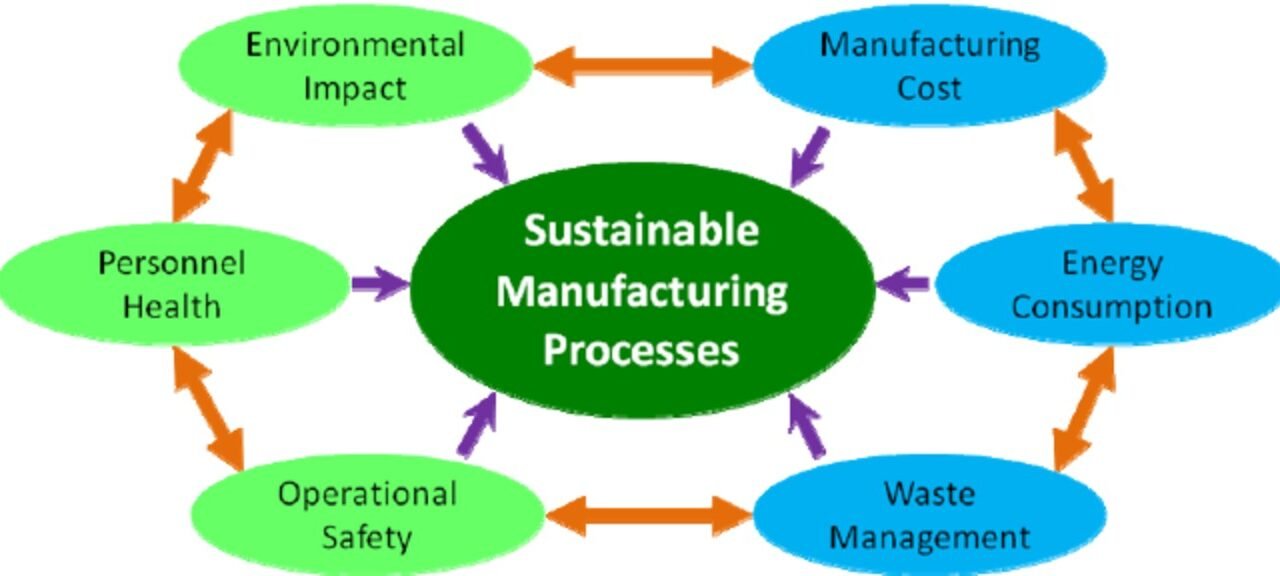Industrial chemicals play a critical role in promoting the sustainability of manufacturing processes by improving efficiency, reducing waste, and enabling environmentally friendly practices. Here are some key contributions:
1. Energy Efficiency
- Catalysts: Industrial catalysts enhance reaction efficiency, reducing energy consumption in processes like refining and polymer production.
- Thermal Fluids: Advanced heat transfer fluids optimize energy use in industrial systems like heating, cooling, and power generation.
2. Waste Reduction
- Process Optimization: Specialty chemicals enable more precise control of reactions, minimizing by-products and waste.
- Closed-Loop Systems: Chemicals used in recycling and regeneration systems reduce the need for virgin materials.
3. Renewable Resource Integration
- Bio-based Chemicals: Derived from renewable sources like plants or algae, these reduce dependency on fossil fuels.
- Green Solvents: Replacing traditional solvents with less toxic, biodegradable alternatives lowers environmental impact.
4. Pollution Control
- Emission Reduction: Industrial scrubbers and chemical adsorbents remove pollutants from emissions, such as sulfur dioxide and nitrogen oxides.
- Water Treatment: Chemicals like coagulants, flocculants, and biocides ensure clean water by removing contaminants from industrial effluents.
5. Circular Economy Support
- Recycling Aids: Chemicals enable efficient recycling processes, such as depolymerizing plastics or recovering metals.
- Upcycling Innovations: Chemical treatments convert waste materials into higher-value products.
6. Lightweight and Durable Materials
- Advanced Polymers and Composites: These materials are lighter and stronger, reducing energy consumption in transportation and extending product lifespans.
7. Carbon Management
- Carbon Capture and Storage (CCS): Specialized chemicals absorb and store carbon dioxide from industrial emissions.
- Synthetic Fuels: Chemicals enable the production of carbon-neutral fuels from captured CO₂ and renewable energy.
8. Cleaner Production Processes
- Enzymes and Biocatalysts: Used in place of harsh chemicals, enzymes promote mild, eco-friendly production processes.
- Waterless Technologies: Chemicals enable solvent-based or dry manufacturing processes, conserving water.
9. Sustainable Product Design
- Degradable Polymers: Chemicals help create materials that degrade safely at the end of their life cycle.
- Functional Additives: Improve the performance and longevity of products, reducing the need for replacements.
10. Support for Renewable Energy
- Battery and Fuel Cell Chemicals: Essential for energy storage technologies.
- Solar Panel Materials: Advanced chemicals enhance the efficiency and durability of photovoltaic cells.
By integrating innovative industrial chemicals, manufacturers can adopt more sustainable practices, reduce their environmental footprint, and align with global goals like the UN Sustainable Development Goals (SDGs).










